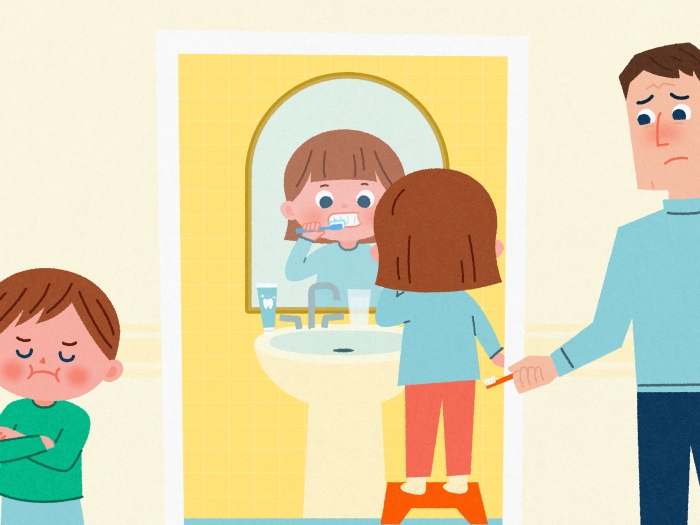Last month, we were given the opportunity to sign up for the clinical reasoning elective (CRE). As part of the elective, we go as pairs to work with a faculty member for 2 shifts per month (3-4 hours per shift) in either Emergency Medicine or Internal Medicine. Initially, I had thought it would be similar to shadowing, but instead it is more like we get to practice being clinical students in a low-stakes environment.
This has been one of the most enjoyable medical school experiences thus far. Through the experience, I've been able to attempt differential diagnoses and see clinical presentations of diseases I've learned about. Somehow, it feels as though seeing actual cases of a disease makes what we're learning so much more real. I think only medical students could be so excited to see someone with norovirus.
It has also exposed me to some of the more emotionally challenging situations in medicine as well. This included exploring the social history of a patient living with organ transplant and how the disease has impacted the relationship between her and her daughters as well as talking to a patient who was just diagnosed with advanced ovarian cancer. We learned how to assess whether a drug overdose was accidental or intentional.
There are also cases that are memorable because of their atypicality such as the case where an individual was bitten by a squirrel on campus. The patient was concerned about a possible rabies infection and came to the emergency department to have it assessed. No worries though! We had just recently learned in our sequence that one does not get rabies from squirrels, which I guess is a good thing given that it would be pretty hard to track down the particular squirrel to assess for rabies! Ann Arbor squirrels all look somewhat like this:
While we have only recently started the elective, I am excited to connect what we've learned in the past year with real patients and looking forward to the next few months!


Department of Communication at Michigan Medicine
Want top health & research news weekly? Sign up for Health Lab’s newsletters today!




